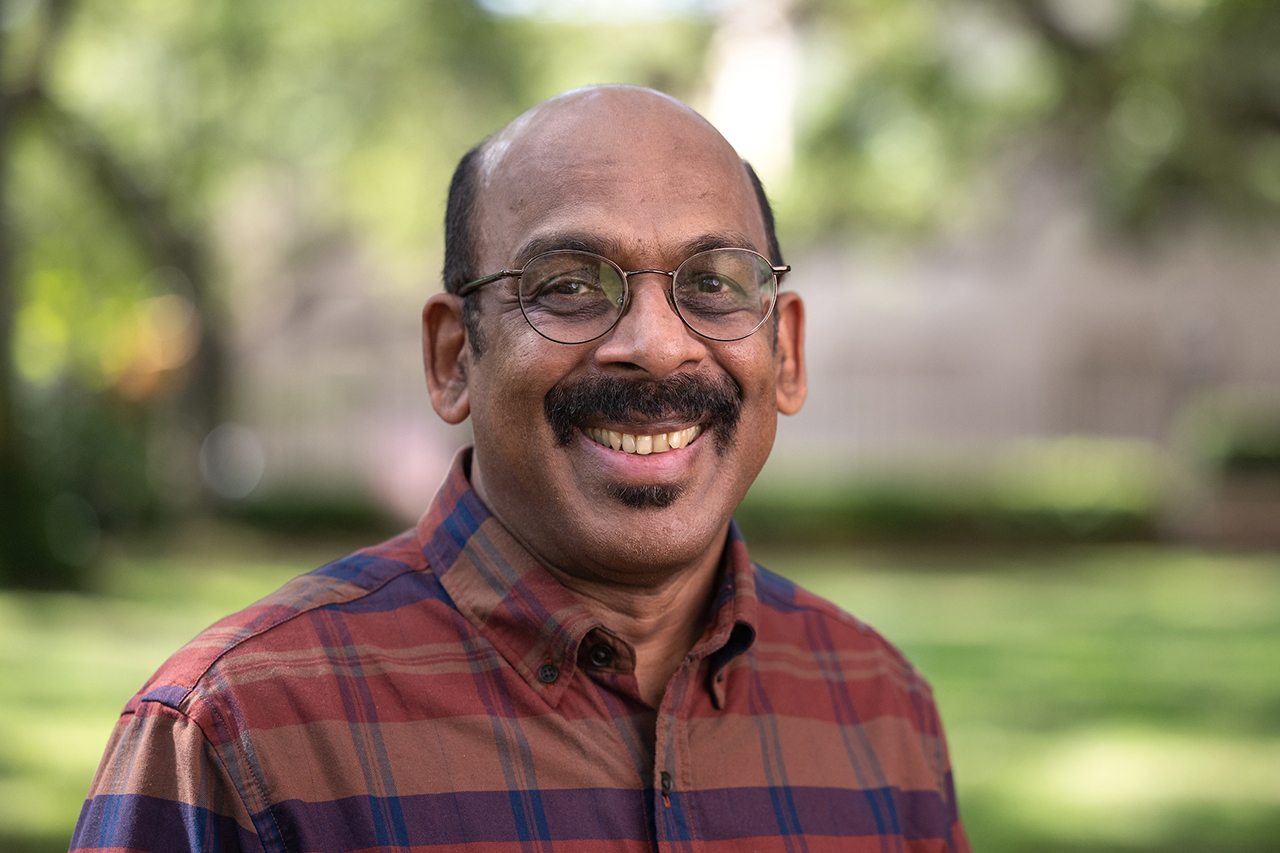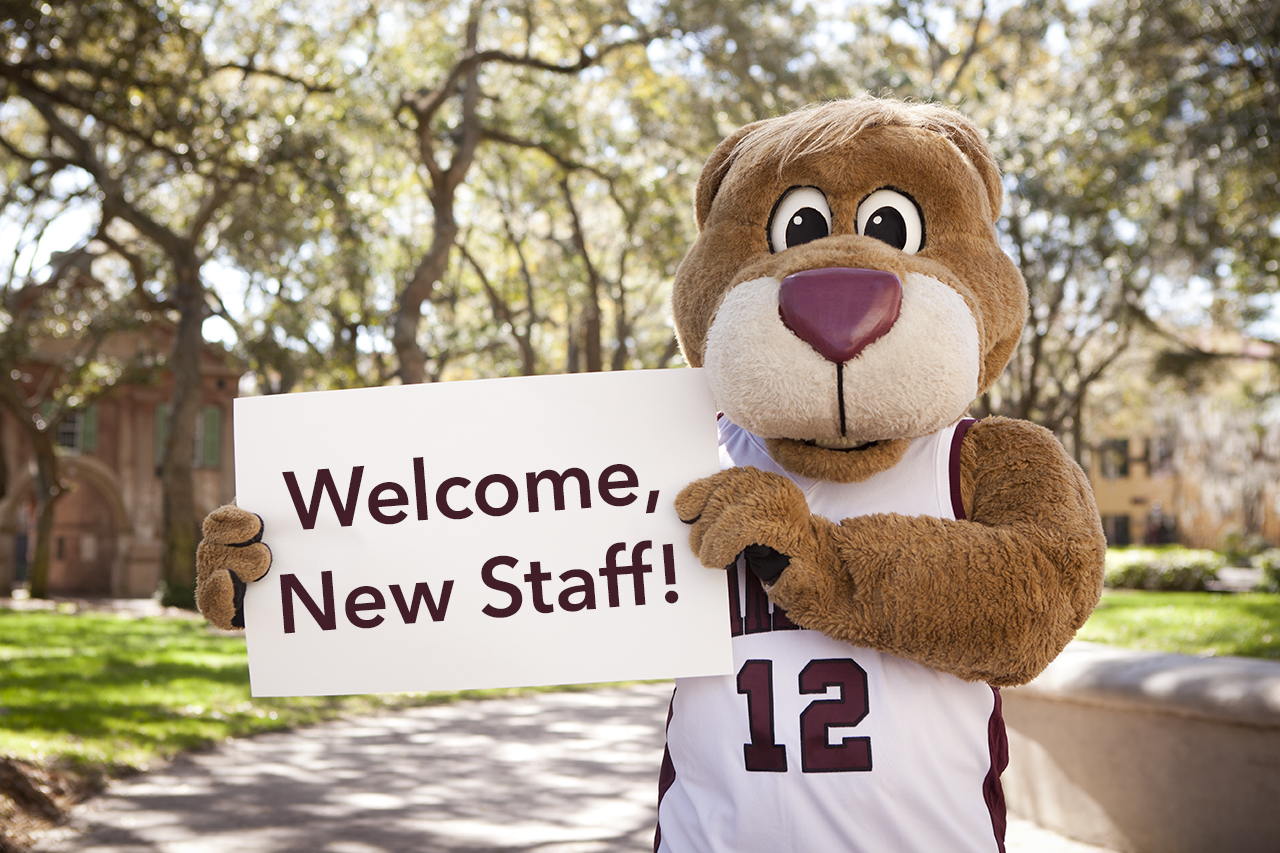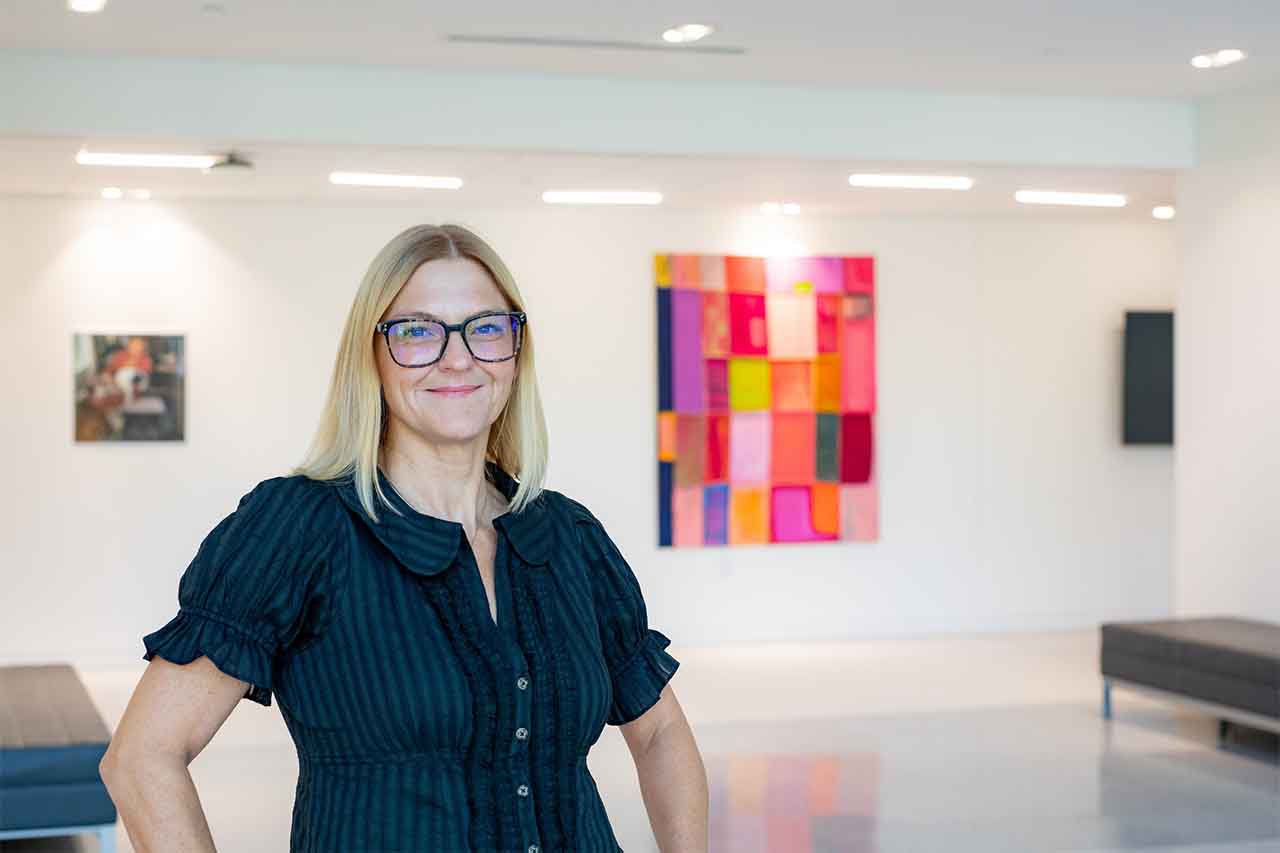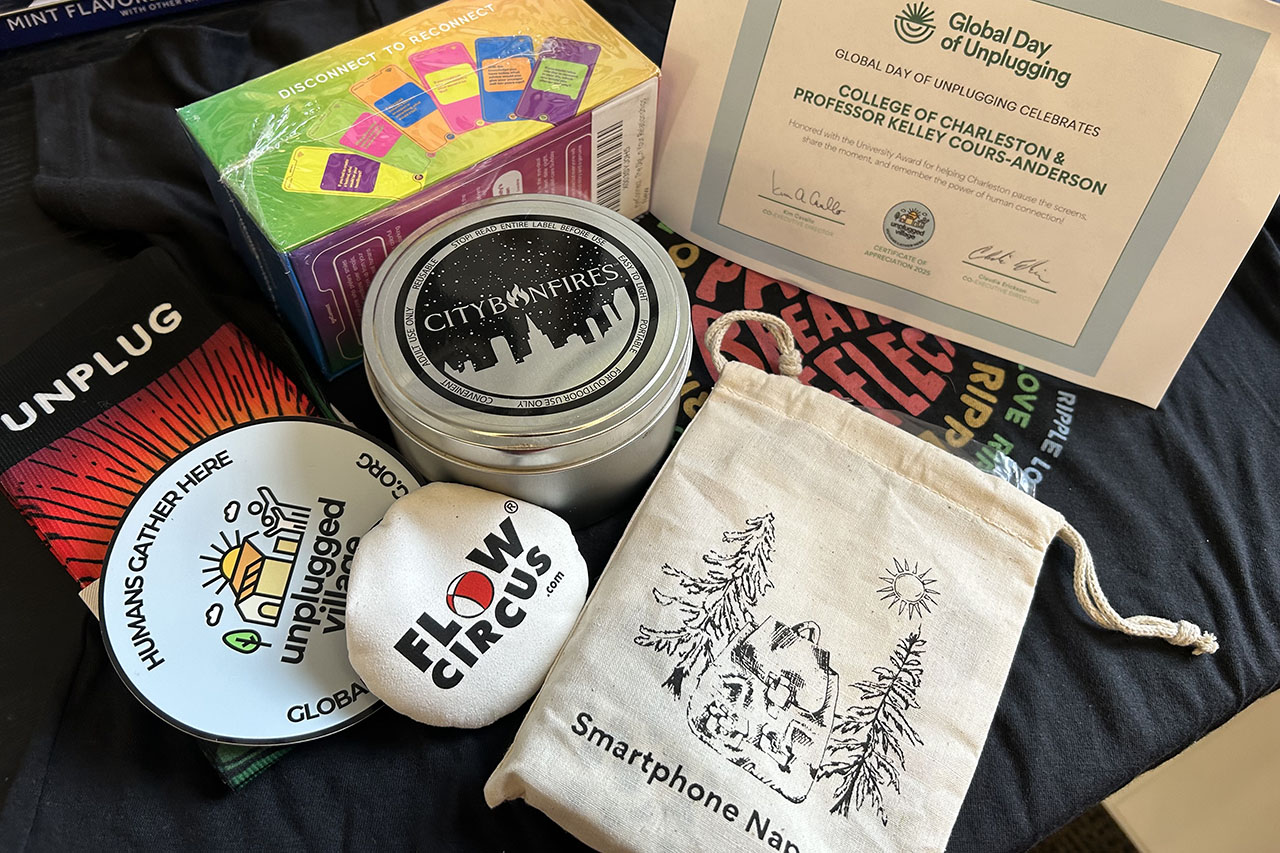How the College's New SECM Is Preparing Students for the Future
We caught up with Narayanan Kuthirummal to learn about his vision for the School of Engineering, Computing, and Mathematics.

This summer, Narayanan Kuthirummal stepped into the role of interim dean of the School of Engineering, Computing, and Mathematics (SECM) at the College of Charleston.
With an extensive education background – including a doctorate in physics, a master of science in physics with electronics and a bachelor of science in physics with math and chemistry – Kuthirummal brings experience and passion for fostering innovation and collaboration among faculty and students.
The College Today caught up with him to learn about his vision for the SECM.
What are you most excited about for the new School of Engineering, Computing, and Mathematics?
Among the many exciting aspects of our newly established School of Engineering, Computing, and Mathematics at the College of Charleston, what excites me most is its interdisciplinary nature. The integration of engineering, computer science, mathematics, data science and statistics fosters unique opportunities for collaboration, creativity and innovation. This approach also aligns with local industry trends, equipping students to be versatile and adaptable in their future careers.
How have the engineering programs at the College grown over the recent years, and where do you see them going in the future?
Our very first engineering degree program, systems engineering, was offered in the fall of 2020, and electrical engineering in the following year. These programs, along with updated facilities, have attracted a diverse range of students to these fields. A curriculum deeply rooted in the liberal arts culture, yearlong design experience, internship opportunities with industries, etc., make our program unique. In the future, we are looking into the possibility of developing new interdisciplinary degree programs (for example, B.S. in Integrated Engineering and Business). We are also thinking about further developing collaborations with other academic institutions and industries.
What goals do you have for the school in the next few years?
In my interim role, my immediate priorities for the School of Engineering, Computing, and Mathematics are as follows: (1) prepare classroom spaces at Harbor Walk West for engineering courses, (2) assist faculty in setting up their research labs, (3) secure ABET accreditation for both the systems and the electrical engineering programs, and (4) reaccredit the computer science program. Additionally, I am exploring opportunities to expand academic offerings to align with industry demands and enhance our ability to attract more students to our majors. I also plan to strengthen partnerships with local industries and global tech companies to increase internship opportunities for our students. To build a highly qualified and skilled workforce, I envision upgrading our facilities with cutting-edge labs and resources and fostering interdisciplinary collaboration to ensure our graduates possess both technical expertise and an entrepreneurial mindset.
Can you elaborate on the primary research areas you are focusing on at the College of Charleston?
My research centers on the synthesis and nondestructive evaluation of nanomaterials for electronic and medical applications. This interdisciplinary field integrates materials science, physics, chemistry and biomedical sciences.
How does your research inform your teaching at the College of Charleston? Are there particular courses or topics you’re passionate about teaching?
I incorporate current findings and technologies into my lectures and assignments, allowing students to engage with the latest developments in engineering, computing and mathematics. I’m particularly passionate about teaching courses related to electronics, photonics, nanotechnology, materials science and energy.
How do you involve students in your research projects? What opportunities are there for students to engage with your work?
I actively involve students in my research projects by integrating them into all stages of the process, from brainstorming ideas to conducting experiments/analyzing data to writing scientific manuscripts for publication. Opportunities for student engagement include independent study projects.
What advice would you give to students who are interested in pursuing a career in your field?
For students interested in pursuing a career in nanomaterials for electronic and medical applications, my advice is to develop a strong foundation in material science, electronics and biophysics. Dive deep into subjects like chemistry, physics, biology and electrical engineering to understand the properties and behavior of materials at the nanoscale. Engage in hands-on lab work and seek research opportunities early.
What do you like doing in your spare time?
In my spare time, I enjoy listening to music, which offers a perfect escape and helps me relax. I also love writing songs and poems. Both activities provide a refreshing balance to my daily routine, keeping my mind engaged and imaginative.



